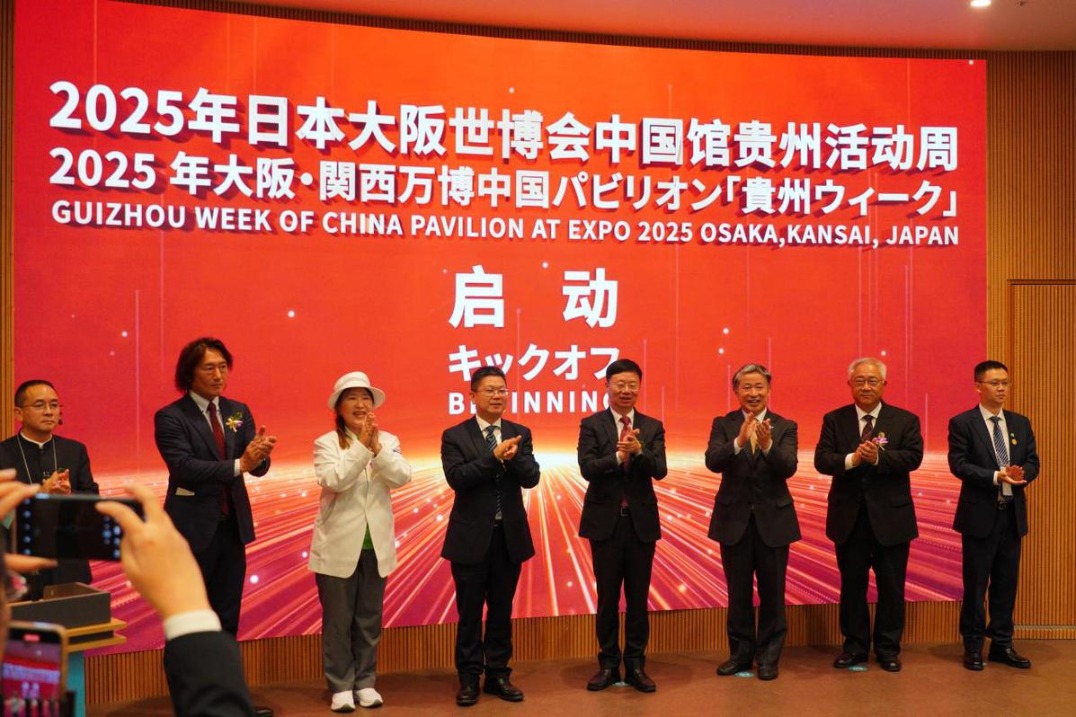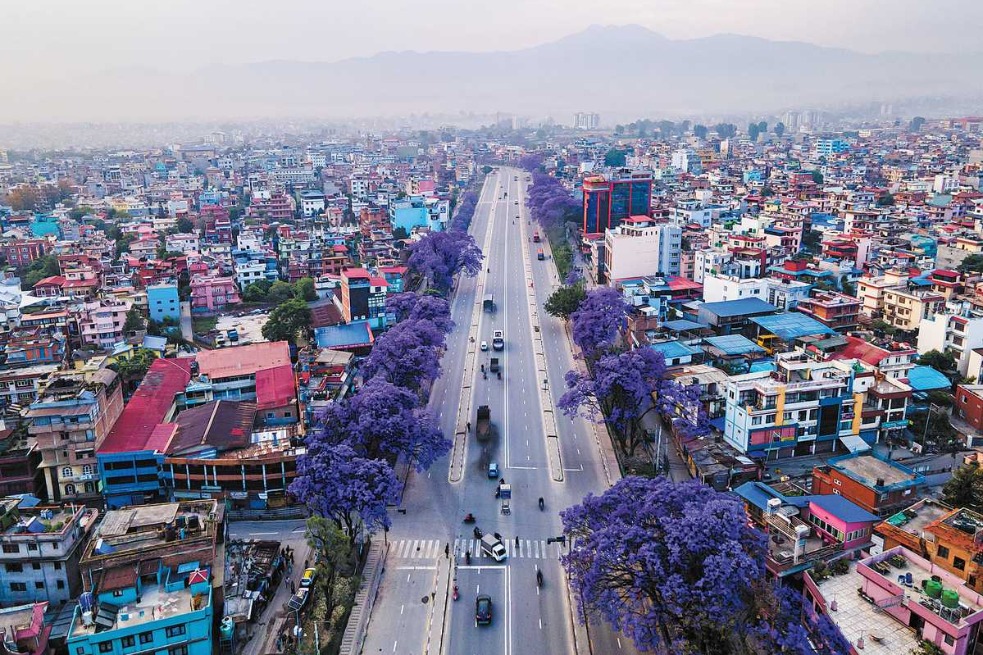Bangkok collaborates with Chinese experts to address city's air quality

An air pollution control sandbox project drawing Chinese expertise was launched in Bangkok on Friday, aiming to strengthen the Thai capital city's air quality monitoring and pollution management through advanced analysis of inhalable particle sources and their distribution.
This landmark initiative, which will contribute to Beijing's air control experiences in its sister city, Bangkok, is a collaborative effort between the Bangkok Metropolitan Administration and the Chinese Research Academy of Environmental Sciences.
Under the plan, a total of eight monitoring stations will be set up in Bangkok to collect pollution particles. A smart microscope will then help to analyze these particles to determine their components and sources, according to the Chinese academy.
Based on the analysis of haze components, Chinese scientists will collaborate with Thai experts to develop a solution plan for emission reduction and air purification in Bangkok. Both Chinese advanced technologies and management experiences will be shared to assist Thailand's green efforts.
Seasonal air pollution has long afflicted Thailand, sparking widespread concern among the general public about health. In January, air pollution in the Thai capital forced the closure of more than 350 schools as Bangkok was ranked the world's seventh-most polluted major city by air quality monitor IQAir.
"To safeguard the health of the residents, air pollution must be tackled continuously, not just during smog season. And it is very important that accurate pollution monitoring can be conducted as a basis for the drafting of a scientific plan further," said Bangkok Governor Chadchart Sittipunt at the project's launching ceremony.
Data from the Bangkok Metropolitan Administration's environment department shows that levels of fine particulate matter with diameters of 2.5 microns or less, or PM2.5, typically spike from November to late March due to colder weather and biomass burning in Bangkok.
"We will use China's advanced atmospheric chemical transport model to provide guidance to the haze control, helping Bangkok to make its own air quality emergency solution together with local departments," said Quan Zhanjun, vice-president of the Chinese Research Academy of Environmental Sciences.
Long-term cooperation
He said the project is not just about research but will boost a long-term cooperation mechanism. "We'll form the first-ever joint committee on air pollution in Bangkok to ensure ongoing collaboration between Chinese and Thai research teams while developing a digital platform to make air quality data much easier to understand," he said.
Most importantly, as the academy's first overseas project, Quan noted that the Chinese team will also help Thailand to establish a haze control standard and an emergency response mechanism to guide local business development.
In his opening remarks, Chinese Science and Technology Counselor Ma Minggeng reviewed Beijing's efforts in combating air pollution. The Chinese capital city has achieved remarkable progress in PM2.5 governance through technological innovation and its annual average of PM2.5 concentration dropped by 65.9 percent from 2013 to 2024, he noted.
"We're excited to share this tech magic with Bangkok. This cooperation is a good practice for building a community with a shared future between China and Thailand. It is also a combination of 'Chinese experiences' and 'Thai wisdom'. Together, we'll find answers tailored for cities like ours," Ma said.
Under the plan, Thailand will send experts to learn from Beijing's successful experiences in air pollution control, bringing back the most advanced equipment from China. During the trip, they will see China's technological innovations firsthand.
"Environmental risks from PM2.5 have been the biggest challenges to Thailand and we need a solution to safeguard our homeland. I hope the project can set Bangkok an example of fighting against air pollution, bringing a model of green and sustainable development," said Kriengkrai Thiennukul, chairman of the Federation of Thai Industries.
yangwanli@chinadaily.com.cn
?

































